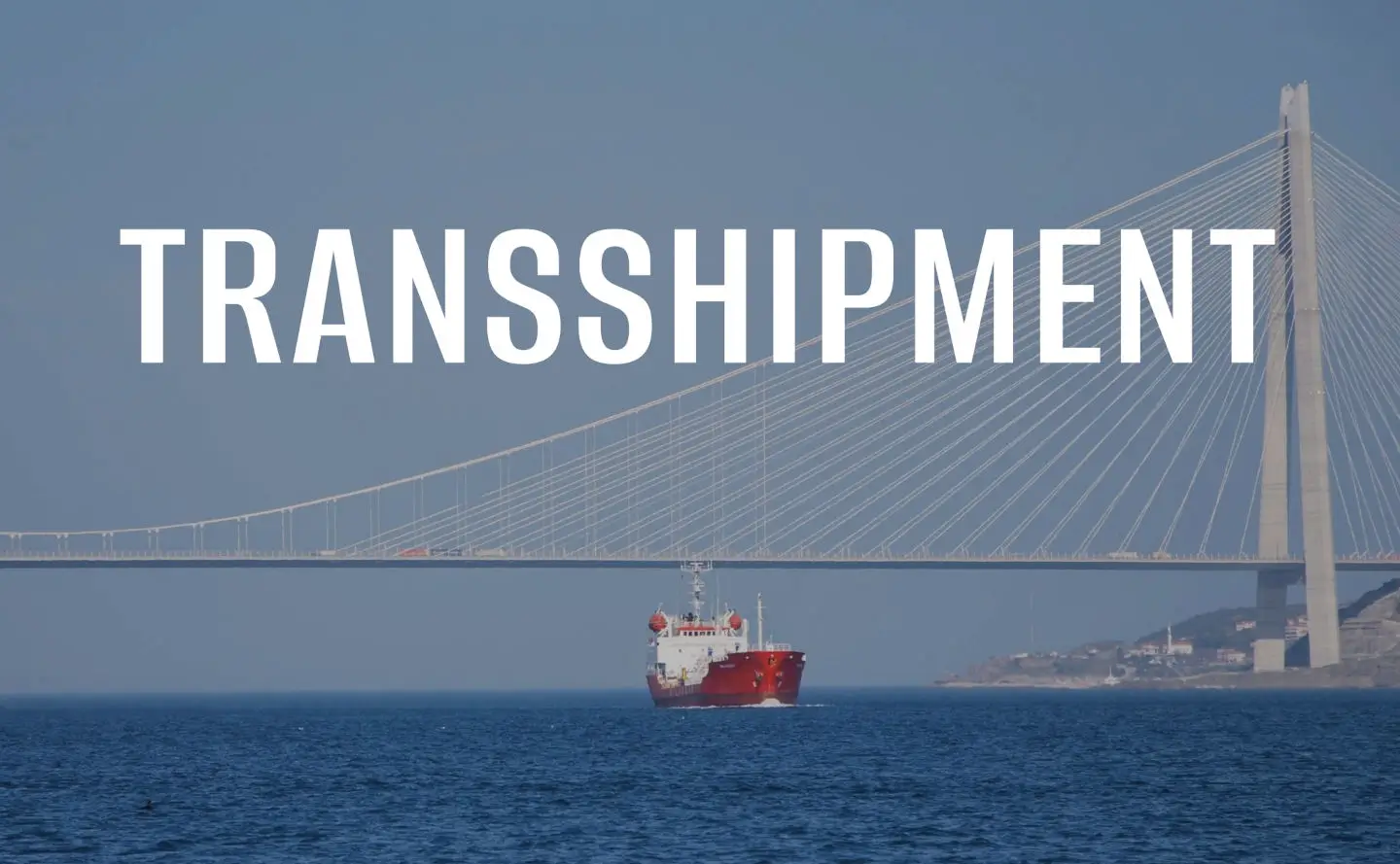New Trends in Sea Freight: Effective Use of Transit and Partial Transportation

Although sea transportation accounts for an overwhelming majority of global trade, 9 countries in Africa, 14 countries in Europe, and 7 countries in Asia do not have access to the sea. Transit transportation refers to the practice of changing vehicles during a transportation journey from the country of origin to the destination due to economic, political, or physical reasons.
The routes of large container ships (with a capacity of over 12,000 TEUs) typically follow an east-to-west line from Tokyo to Singapore, Dubai, Port Said, Malta, Marseille, Barcelona, Rotterdam, and Hamburg. However, increasing the number of ports for these large ships is not economically viable as it will prolong the journey time, so their cargo is typically transferred to smaller vessels at the main ports along the route. This allows buyers to obtain their goods at a more affordable cost.
Ports such as Djibouti, Tema, Dhaka, and Koper are crucial for landlocked countries. Logistics companies provide special solutions for transshipment operations at these ports. Additionally, the International Maritime Organization (IMO) establishes standards for landlocked countries to benefit from maritime transport and leads the preparation of international agreements.
Partial transportation is also a common practice that frequently uses transit transportation due to economic reasons. Many island countries in the Atlantic have to procure their goods from relatively busy places such as Singapore and New Zealand. Cities like Dubai, Singapore, Barcelona, and Rotterdam have developed special handling procedures for partial transfers. These cities account for almost 50% of the world's partial transportation.
Despite Istanbul's ideal location to be a transit city, the "big country syndrome" leads to a small share of the transit business. However, Istanbul is an ideal transit point for countries with access to the Black Sea.
Although Turkey has recently made transit regimes easier, there is currently no company that accepts the storage-free period application provided in developed countries for transit transportation. I hope that it will be understood that transit transportation is a new business that allows for the expansion of the cake, rather than dividing it up.